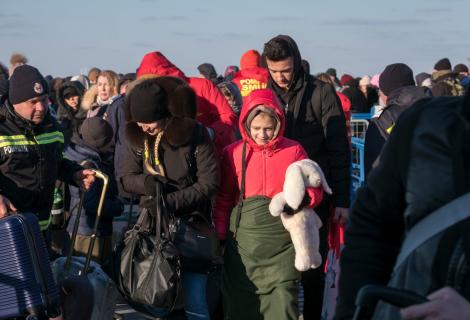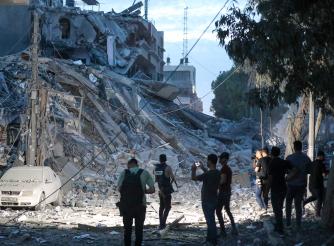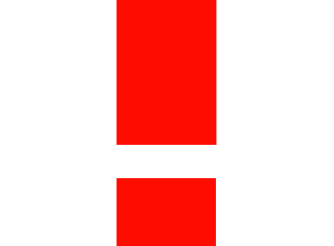Ukraine: one year on

It’s been a year since the Ukraine conflict started with around 12 million people have been forced to flee their homes in Ukraine. By mid-December 2022, at least 5,9 million people were estimated to have been internally displaced in Ukraine, according to the IOM (International Organization for Migration). As of January 24 2023, close to 8 million Ukrainians have been recorded as refugees across Europe (UNHCR).
Millions of people have been forced to leave their homes and families behind and are now displaced both within Ukraine and in other countries in Europe and beyond, with different rights and access to services depending on their country of origin or race. Within Ukraine, prolonged and continued Russian attacks which have impacted civilian buildings and homes are producing casualties, causing traumas, and leaving people without water, electricity, and heating in freezing temperatures. We’re especially concerned about the impact of the conflict on women, girls, and marginalised people, who all face increased risks of violence and discrimination in times of crisis.
ActionAid response
ActionAid responded rapidly at the start of the crisis to provide emergency support and protection throughout the first four months following the invasion (March to June) for more than 130,000 refugees in Poland, Moldova, and Romania, and since June 2022 has been supporting local organisations to respond inside Ukraine.
We’ve been working with local women-led, and young people-led organisations and those working with and led by marginalized groups, such as Roma, LGBTQIA+, third-country nationals, or sex workers, to provide support on a wide range of rights-based issues including the right to basic needs and protection. We’ve ensured the protection of women and girls is at the heart of our humanitarian and recovery response plans, working alongside local women-led organizations who provide humanitarian support to and prioritise the needs and of women and girls from the most marginalised communities.
ActionAid’s partner organisations are supporting the LGBTQIA+ community by providing psycho-social and legal support, medicines, food, relocation, and safe houses for a permanent stay.
Since the conflict began, we have:
- worked with close to 40 partner organisations led by women, minorities, and young people-led across 4 countries: Poland, Romania, Moldova, and Ukraine
- supported 1,5 million people: 1,3 million in Poland, 56,000 in Romania, 91,000 in Moldova and 300,000 in Ukraine
- supported over 78,000 people to access protection and a further 1,1 million have received essential relief supplies including food assistance, hygiene and dignity kits, and medicines.
- provided 552,000 people with access to key information about how to prevent human trafficking (information addressed to women refuges but also for volunteers, police members or border control officers) or key information for gender-based violence (GBV) survivors such as hotlines, medical services or how to obtain legal counselling
Calls to action
We’re calling for the international community to:
- prioritise the leadership and expertise of national and local organisations led by women and young people working with the most excluded groups within conflict and peace processes.
- prioritise prevention, mitigation and response services related to gender-based violence and amplify the voices of those most disproportionately impacted by conflict. All international agencies should advocate for and resource community-based protection initiatives led by women rights organisations.
- include women and young people in discussions and decisions. This will ensure that the needs and rights of women and girls are considered and addressed in both the short and long term.
- increase international condemnation of the gender-based violence happening in the war in Ukraine and set out the measures that governments will take to hold any perpetrators of these grave violations to account.
- work closely and in a coordinated manner to understand and address risks to marginalised communities through tailored programmes to ensure that everyone who is displaced and/or affected by the war in Ukraine enjoys equal rights.
- recognize the contribution of young people in Ukraine, and in other humanitarian crises around the world, and to provide them with the resources and support they need to realise a just and feminist future for all.
The longer the conflict goes on, the more stressful the situation becomes for everyone affected inside and outside of Ukraine with increased mental health risks in addition to worries about immediate needs and what the future might hold. International institutions and governments have supported the humanitarian crisis in Ukraine in terms of funding and legal measures such as the implementation of a temporary protection directive at the EU level. This should be standard in all crises and disaster affected parts of the world, not the least the Horn of Africa which is doubly affected by the climate crisis and effects of the Russian invasion of Ukraine.


